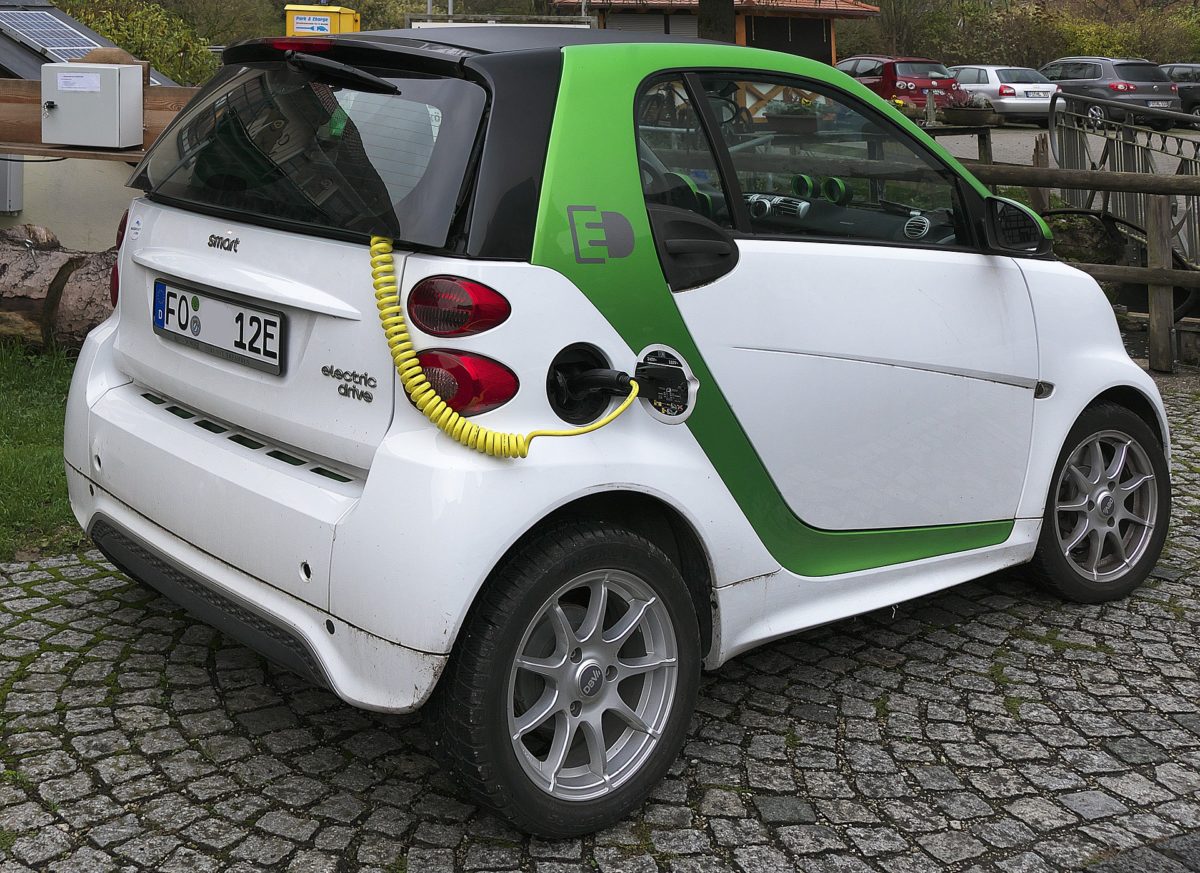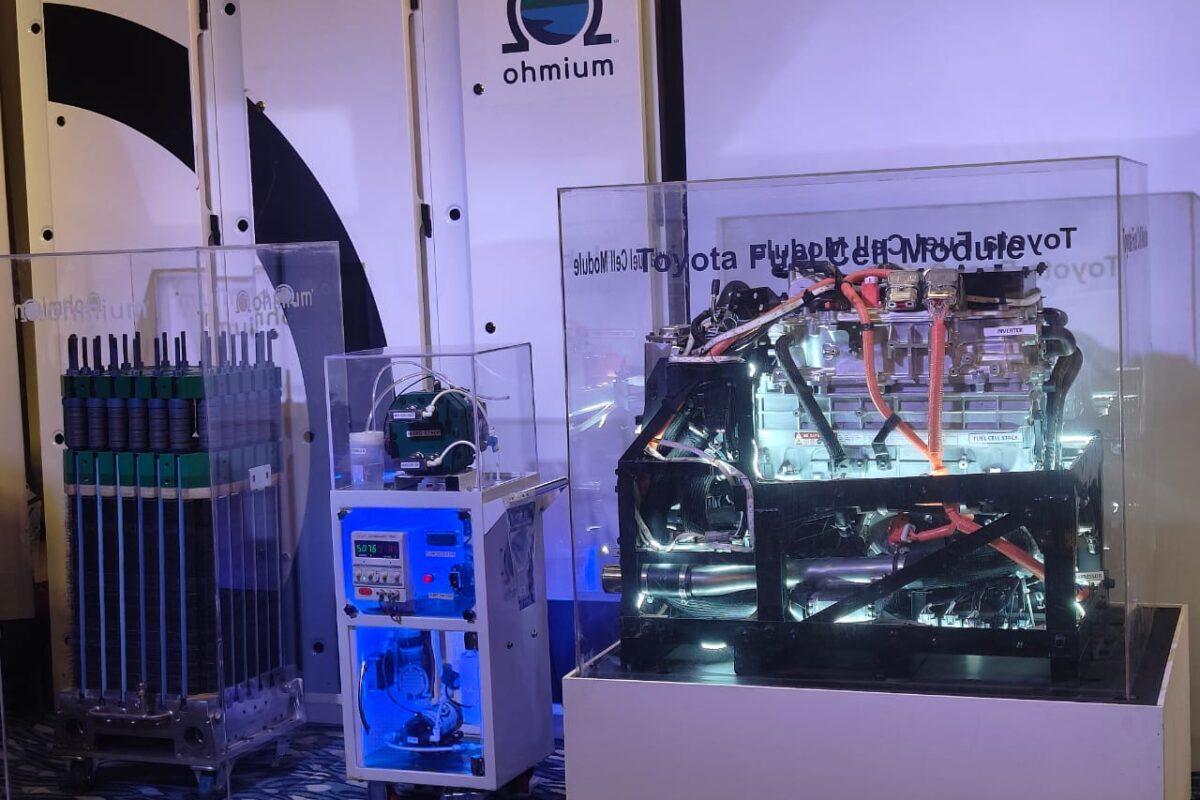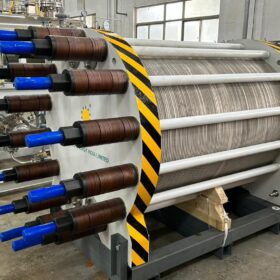The government has constituted an inter-ministerial panel for monitoring, sanctioning and implementation of projects under the Rs 10,000-crore FAME-II (Faster Adoption and Manufacturing of Electric Vehicles in India Phase II) programme for promotion of electric mobility in the country.
The Committee, chaired by the secretary in the Department of Heavy Industries, will include members like NITI Aayog CEO, Department for Promotion of Industry and Internal Trade secretary, Department of Economic Affairs secretary and secretaries in the power and new and renewable energy ministry, among others, Economic Times quoted from a PTI report while sharing the details.
The panel’s terms of reference includes modifying coverage parameters for various components and sub-components of the scheme, reviewing demand incentives annually or earlier based on price and technology trends, modifying limits of fund allocations among different segments and types of vehicles, reviewing the cap for maximum incentive per vehicle, and deciding other scheme parameters for its smooth rollout, it added.
The FAME India Phase II scheme was recently approved by the Union cabinet chaired by Prime Minister Narendra Modi.
The scheme with total outlay of Rs 10,000 crore over three years from 2019-20 to 2021-22 will be implemented with effect from April 1, 2019. It is the expanded version of the present FAME India 1 Scheme that was launched on April 1, 2015 with total outlay of Rs 895 crore.
Focus on incentives, charging infrastructure
The main objective of the scheme is to encourage faster adoption of electric and hybrid vehicle by way of offering upfront incentive on purchase of electric vehicles and also by establishing the necessary charging infrastructure for electric vehicles. The emphasis is on electrification of the public transportation that includes shared transport.
The scheme will support 10 lakh electric two-wheelers, 5 lakh electric three-wheelers, 55,000 four-wheelers and 7,000 buses.
Demand incentives on operational expenditure mode for electric buses will be delivered through state/city transport corporations.
In three-wheelers and four-wheelers segment, incentives will be applicable mainly to vehicles used for public transport or registered for commercial purposes.
In electric two-wheelers segment, the focus will be on private vehicles.
To encourage advance technologies, the benefits of incentives will be extended to only those vehicles which are fitted with Lithium-ion or other advanced technology batteries.
Under the scheme, about 2700 charging stations will be established in metros, other million plus cities, smart cities and cities of Hilly states across the country so that at least one charging station is available in a grid of 3 km x 3 km.
This content is protected by copyright and may not be reused. If you want to cooperate with us and would like to reuse some of our content, please contact: editors@pv-magazine.com.









By submitting this form you agree to pv magazine using your data for the purposes of publishing your comment.
Your personal data will only be disclosed or otherwise transmitted to third parties for the purposes of spam filtering or if this is necessary for technical maintenance of the website. Any other transfer to third parties will not take place unless this is justified on the basis of applicable data protection regulations or if pv magazine is legally obliged to do so.
You may revoke this consent at any time with effect for the future, in which case your personal data will be deleted immediately. Otherwise, your data will be deleted if pv magazine has processed your request or the purpose of data storage is fulfilled.
Further information on data privacy can be found in our Data Protection Policy.